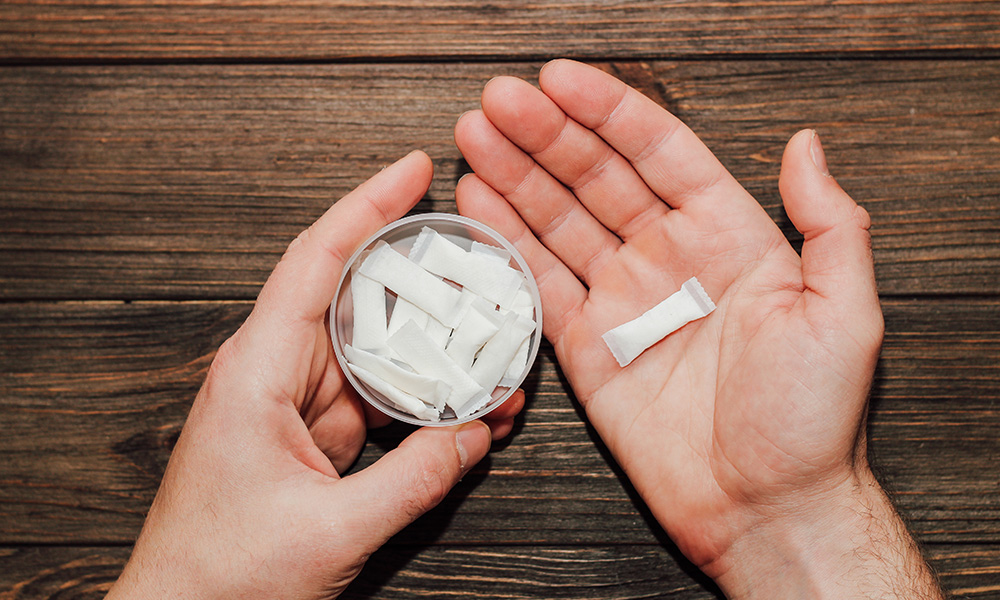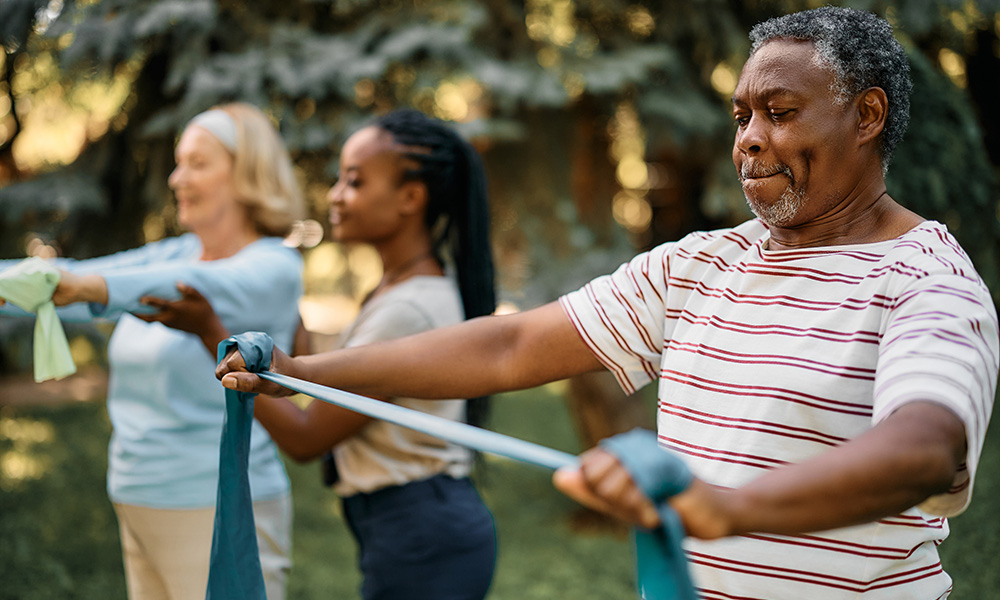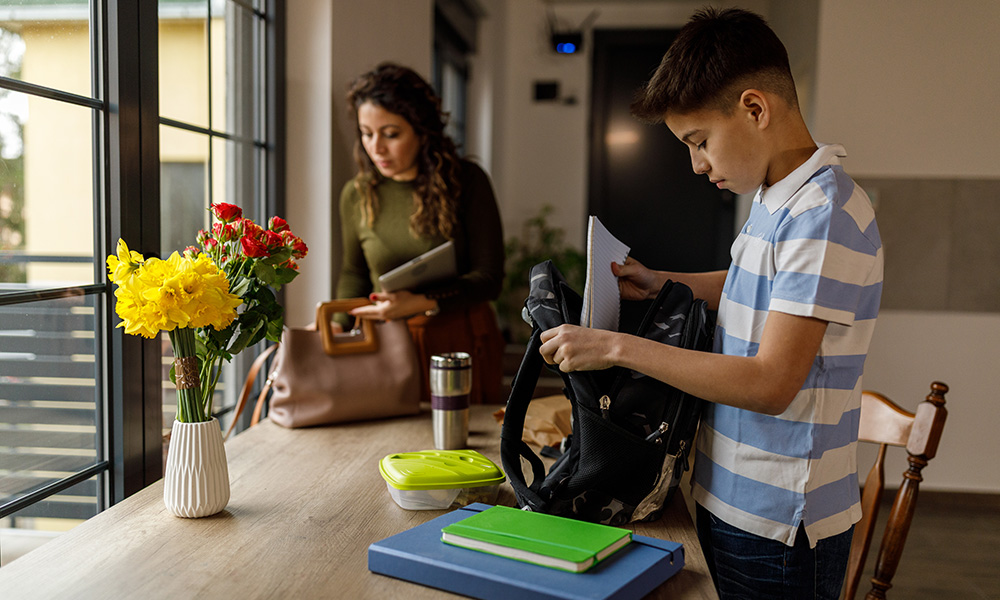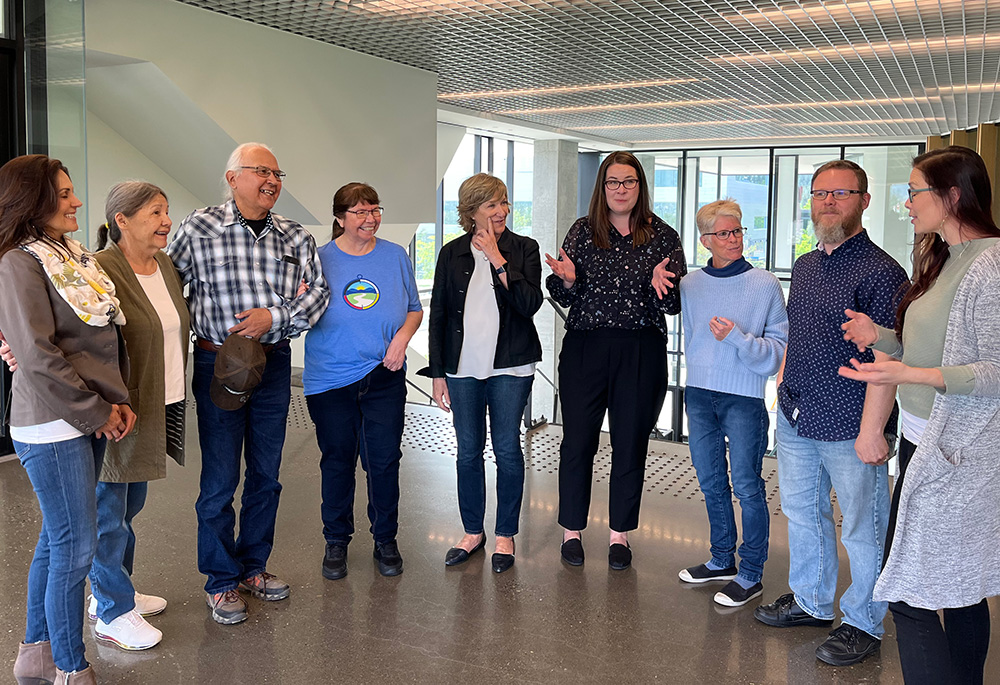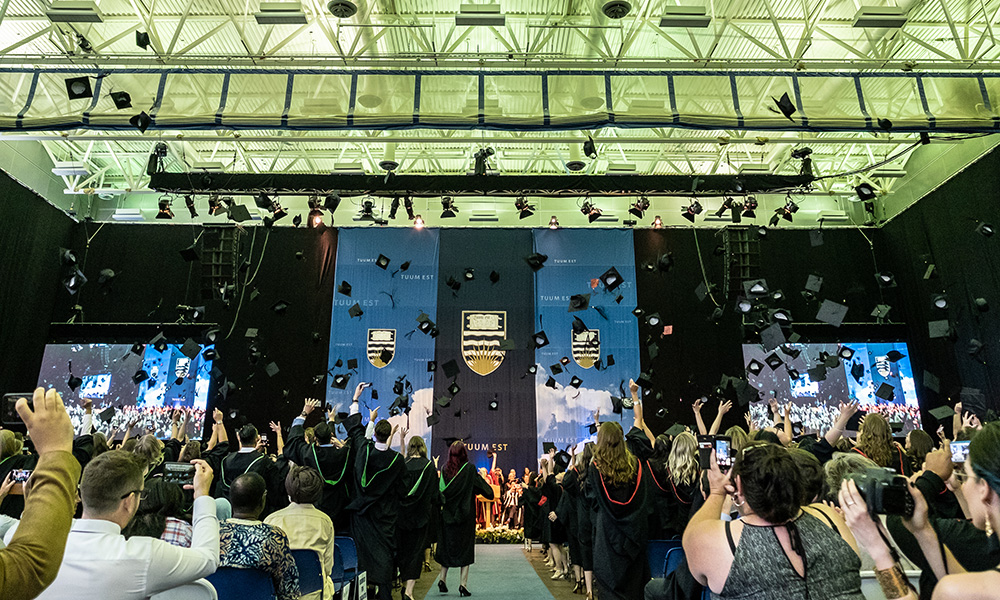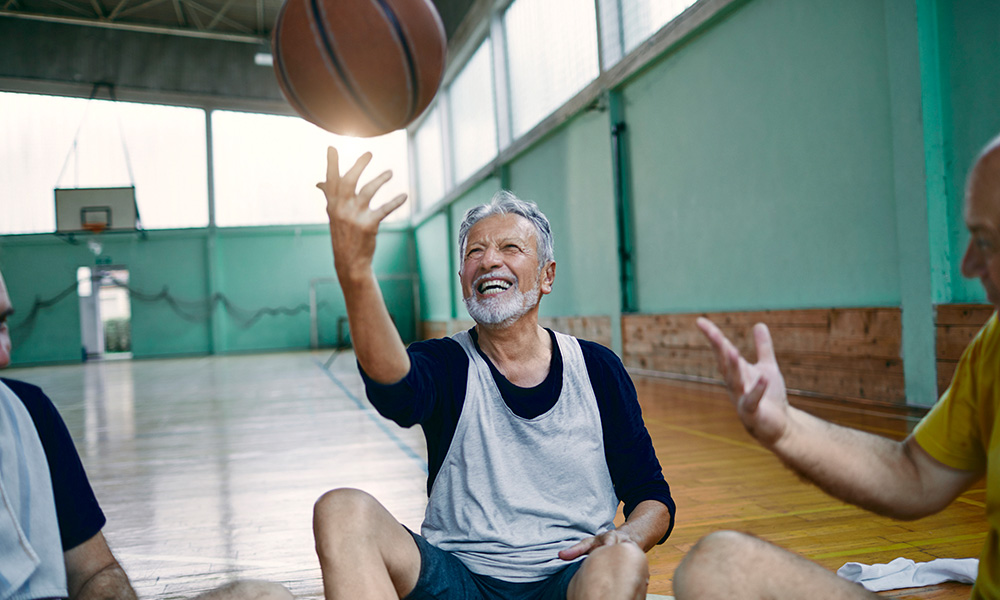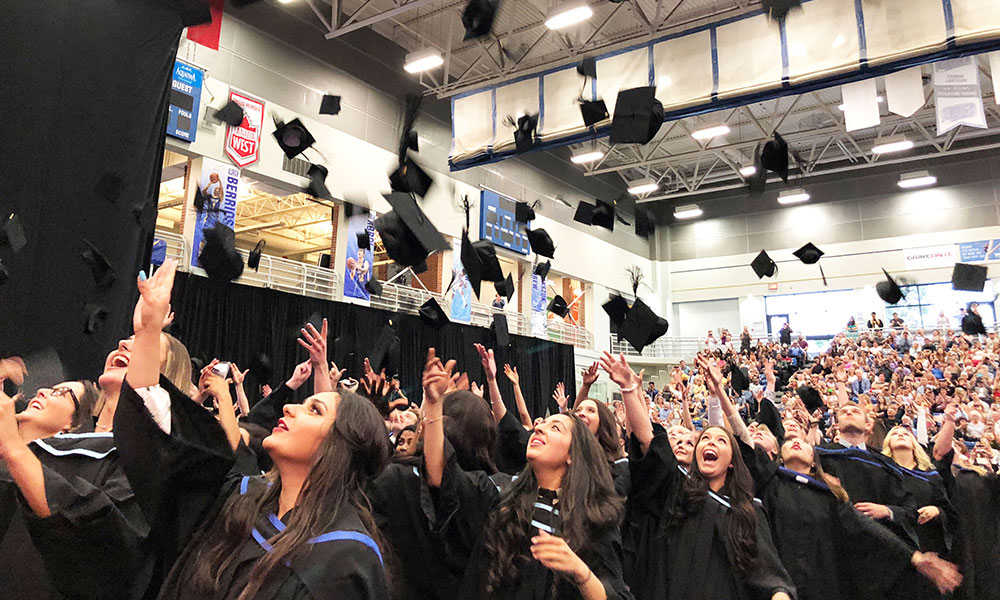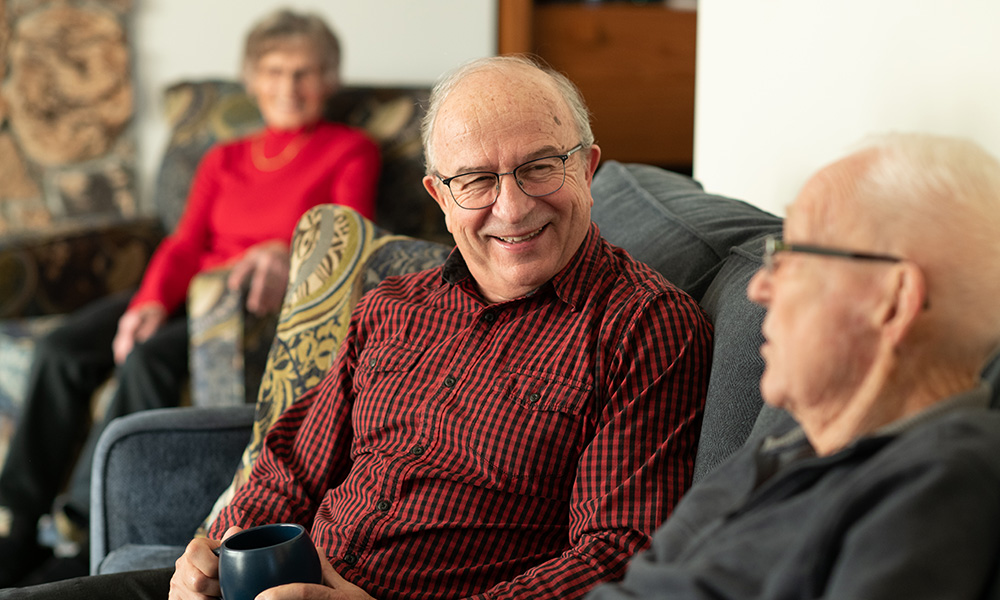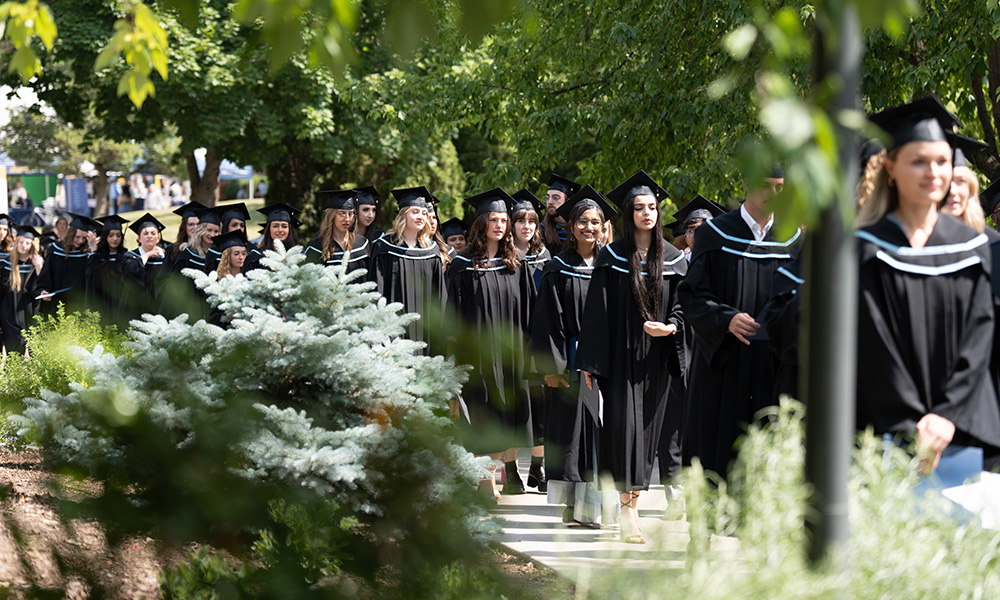
UBCO celebrated the class of 2023 this week including the top academic students and medal winners.
This week UBC Okanagan celebrated the graduating students of 2023. As part of graduation, the top academic students are recognized for their accomplishments which often include high academic grades and community service.
Governor General’s Gold Medal
A passion for research, a personal connection and the desire to help a population often overlooked by researchers took Sarah Lawrason down a path that eventually led to one of UBC Okanagan’s top accomplishments.
Dr. Lawrason has been named UBCO’s 2023 winner of the Governor General’s Gold Medal. She completed her PhD in Kinesiology, spending several years researching people who live with incomplete spinal cord injuries (SCI). Her research led to the design, implementation and evaluation of a mobile-based physical activity program for people with an SCI who walk. The goal was to support this particular population to become more physically active.
“Physical activity is so beneficial for health and wellbeing, but there is little research and resources to support people with SCI and even less for those with an SCI who can walk,” she says.
Dr. Lawrason admits there is a personal side to her drive. Her brother sustained an SCI in 2016—helping him live the best life he can became part of her mandate.
The Governor General’s Gold Medal is awarded to the student who has achieved the most outstanding academic record as a doctoral or master’s student completing a dissertation or thesis.
While working on her PhD, Dr. Lawrason conducted five studies with the ambulatory SCI population—a growing segment often referred to as the “forgotten ones” because they have been completely overlooked in health research and promotion, she says. Her research engaged with the SCI community and tech-industry partners to achieve significant breakthroughs and help pave the way for further scientific and clinical applications.
She conducted her research under the supervision of Dr. Kathleen Martin Ginis, who describes Dr. Lawrason as someone with an exemplary record of high-impact, novel, interdisciplinary, community-engaged research who has made diverse and considerable contributions to society.
“Sarah has established an outstanding reputation for research leadership and conducted her PhD research with unwavering commitment to using community-engaged methods and improving the health of people with disabilities,” says Dr. Martin Ginis. “Of the 13 PhD students I’ve supervised, she ranks among the top in terms of breadth and depth of skill and is more than deserving of this recognition.”
Governor General’s Silver Medal winner
Solomon Thiessen, described as an “exceptionally gifted” School of Engineering student, has been named the winner of UBC’s Governor General’s Silver Medal. It is awarded annually to the student who has achieved the highest academic standing of all students in their graduating year. UBC awards three silver medals each year: one in arts, one in science and one for all other faculties including those at UBC Okanagan.
Thiessen recently completed his Bachelor of Applied Science with UBCO’s School of Engineering, impressing his professors by earning a final mark of 100 per cent on 12 of his engineering courses.
He has a keen interest in computer engineering and he minored in computer science. During his studies, he worked on a variety of projects including a portable MRI device with Drs. Rebecca Feldman and Sabine Weyand as well as a wireless sensor node network with Dr. Dean Richert. Despite his heavy course load, he also volunteered as a tutor in math, physics, applied science and computer science through the student learning hub and worked as a teaching assistant in the automation lab.
Within the School of Engineering, he was held in high esteem among the teaching staff, says Dr. Dean Richert, an Assistant Professor of Teaching in Manufacturing and Mechanical Engineering
“It has been an absolute pleasure to witness Sol’s progression throughout his degree and I am delighted to see him being acknowledged as a recipient of this award,” says Dr. Richert. “Sol not only possesses exceptional academic prowess but also demonstrates an outstanding work ethic and professionalism, distinguishing himself as one of the most exceptional students I have had the privilege of working with.”
Thiessen has been accepted to the computer science master’s program at ETH Zurich in Switzerland. Following his studies at ETH Zurich, he plans to pursue a PhD in artificial intelligence. In the meantime, he is “tinkering” on a few software projects while working as a contractor for the Western Canadian Learning Network.
Lieutenant Governor Medal Program for Inclusion, Democracy and Reconciliation
A well-travelled and active member of the UBCO campus community, Haja Mabinty (Binta) Sesay has been named the winner of the Lieutenant Governor Medal Program for Inclusion, Democracy and Reconciliation.
Sesay has just completed her degree in International Relations and has been recognized for her leadership and dedication to helping make UBCO a more inclusive campus community. During her four years of study, she volunteered with the Sexual Violence Prevention and Response Office during back-to-school celebrations and spent two years volunteering with African Caribbean Student Club. She also held an executive role with the UBC Black caucus team and UBC’s Anti-Racism and Inclusive Excellence Task Force.
Sesay started her schooling in The Gambia and moved to the United Kingdom for part of her high school education, completing her last year in Jerusalem. She came to UBCO in 2018, having been attracted to the close-knit campus and knowing the programs were academically strong.
Although she applied for the Lieutenant Governor’s Medal, she had no expectations of winning the recognition and was surprised when notified she was the winner.
“Just getting the email to apply for the award made me feel accomplished,” she says. “I was super shocked when I got the email saying I was selected. I am so passionate about all the work I have done and never expect anything back, but it also feels nice to be recognized. I feel very honoured.”
The Lieutenant Governor Medal Program for Inclusion, Democracy and Reconciliation recognizes students who have distinguished themselves through their post-secondary education with outstanding contributions to the promotion of inclusion, democracy or reconciliation.
Madison Tardif, who worked with Sesay at the UBC Equity and Inclusion Office, says she has played a key role in leading and working within various groups and committees to advocate for a more anti-racist and inclusive institution, with a particular focus on supporting the Black community.
“Binta has dedicated herself to the promotion of anti-racism across the university and in the broader community, advocating for changes that will continue to shape and improve the experiences of Black students, faculty and staff at UBC,” says Tardif. “Binta’s commitment to addressing structural inequities and advocating for a more inclusive campus shines in her leadership roles and her consistent desire to show up for and in solidarity with diverse communities.”
Pushor Mitchell LLP Gold Medal Leadership Prize
Madyson Campbell, who received her Bachelor of Science in Psychology degree Thursday, is the winner of the Pushor Mitchell Gold Medal Leadership Prize. Knowing she eventually planned to go to medical school, Campbell came to UBCO from Thunder Bay wanting to experience a few years living in a different province and knew the Okanagan would suit her lifestyle.
While working on her degree she participated in several multidisciplinary undergraduate research projects in health and worked on a student-led project to develop a pilot curriculum on a restorative approach to improve the experiences of patients who have been harmed within the health care system.
Campbell is a proud citizen of the Métis Nation of Ontario and works to advocate for and ensure the voices of Métis youth are heard at the provincial and national levels.
“The support provided by this award is immeasurable, as it allows students like myself to continue our academic and leadership goals after graduating from UBC. This award has allowed me to pursue a research opportunity this summer at the University of Toronto. I cannot understate how deeply honoured I am to have been chosen by this committee. I will carry this recognition with me as I move forward in my academic and career pursuits.”
As a winner of the Pushor Mitchell award, she receives a $10,000 scholarship which she says will support her journey as she enters the Northern Ontario School of Medicine in Thunder Bay this fall.
The Pushor Mitchell LLP Gold Medal Leadership Prize recognizes a top graduating student who has excelled academically and has shown leadership while earning their degree.
“Pushor Mitchell LLP is thrilled to support another exceptional graduate at UBC Okanagan with our Gold Medal Leadership Award, as they make their way to become the next generation of great leaders in our community, both in the Okanagan and beyond”, says Joni Metherell, Managing Partner for Pushor Mitchell. “We congratulate Madyson and all of UBCO’s 2023 graduates on their success.”
Heads of Graduating Class
University of BC Medal in Arts
Samantha Barg
University of BC Medal in Education
Isabela Richard
University of BC Medal in Engineering
Solomon Thiessen
University of BC Medal in Fine Arts
Josie Hillman
University of BC Medal in Human Kinetics
Melina Marini
University of BC Medal in Management
Aurora Gardiner
University of BC Medal in Media Studies
Amanda McIvor
University of BC Medal in Nsyilxcn Language Fluency
Sheri Stelkia
University of BC Medal in Nursing
Kayla Petersen
University of BC Medal in Science
Harman Sohal
The post UBCO recognizes top students at 2023 graduation ceremonies appeared first on UBC Okanagan News.
